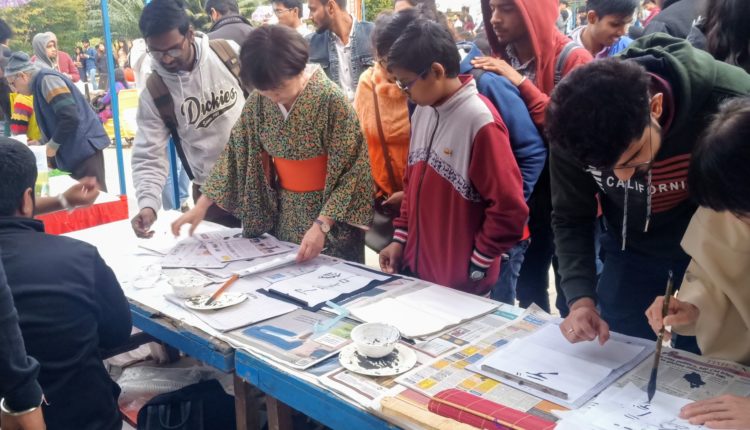Nostalgic keepsakes like tin cans filled with the Heisei era air, gold-dusted potato chips, gold coins engraved with Heisei, the popular confectionaries and calendars of Heisei era go up for sale in Japan markets, and are selling like hot cakes as the country’s symbolic leader Emperor Akihito steps down to pave the way for his successor Naruhito embarking on the new era called Reiwa.
Seizing upon the opportunity to capitalize on the unusual imperial shift in the history of Japan, the entrepreneurs in Japan aren’t looking backward only and have come out with novelties themed around the occasion and have named them after new era – “Reiwa” too.
Priced at 1080 yen, one can buy ‘the air of the outgoing era’ in the cans to commemorate the end of the Heisei era. These air cans have been produced by a gift company based out of Osaka.
Other novelties are the sweets being sold at the bakeries as these became popular during the time of emperor in the last 30 years. These sweets were popularized during the emperor’s period, which began in 1989 when he succeeded his father Emperor Hirohito after his death.
The gold coins engraved with Heisei are selling like hot cakes in various departmental stores
These are some of the unprecedented developments being reported in Japan for the first time ever as another one happens to be the longest Golden Week, the 10-day holidays in Japan to commemorate the unusual imperial shift in the history of Japan.
As the Japan government declared public holidays from April 27 to May 6 as against 3-4 days leaves during Golden Week every year.
At the age of 85, Akihito happens to be the first living emperor in centuries to step down on its own and decide not to rule the country and hold the political position for life.
As a result, the mood leading up to the era change is generally cheery even though many have expressed resentment for such long holidays.


